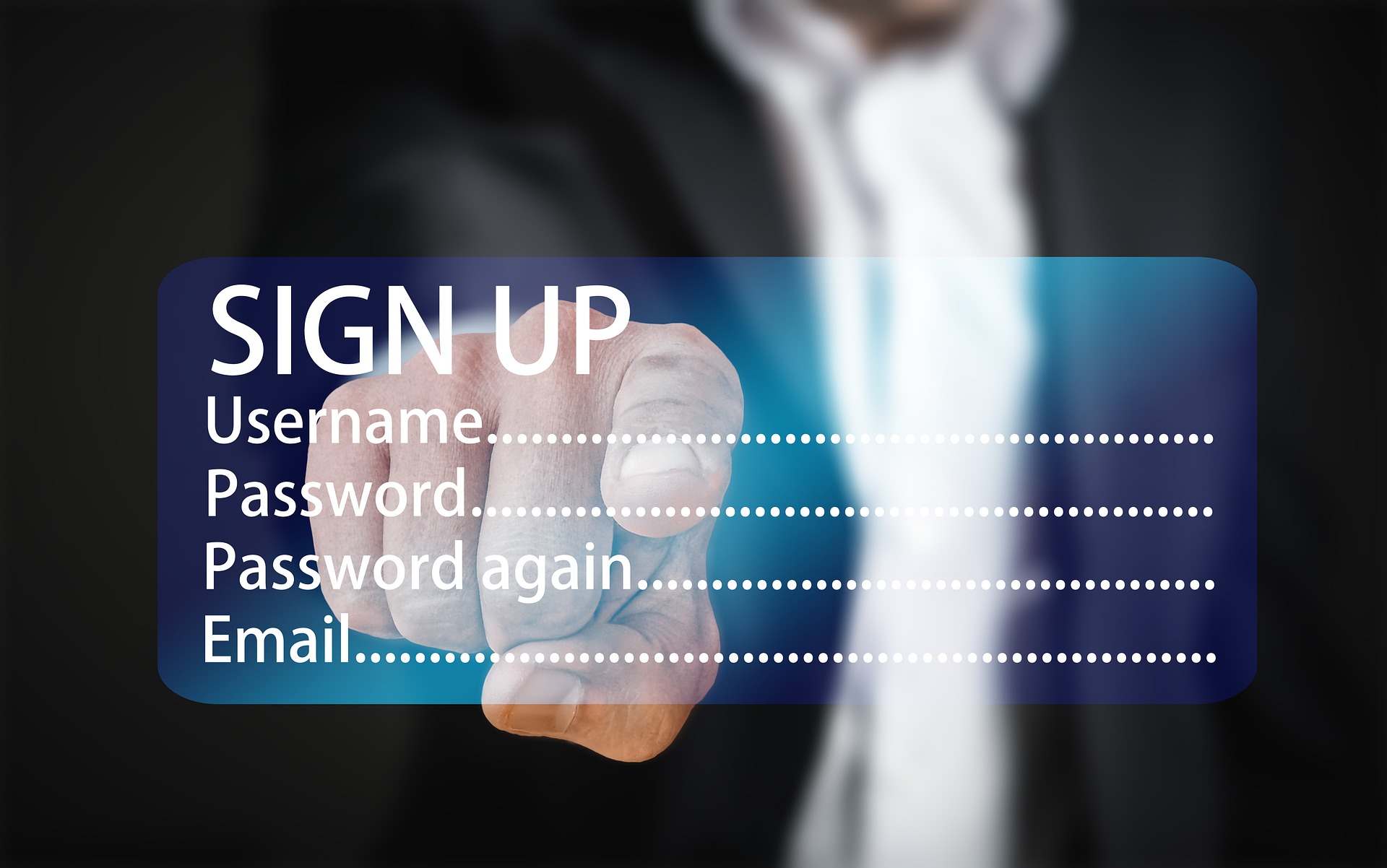
We’ve seen an increase in cyberattacks over the past few years, with regular reports of social media platforms, applications, service providers, and email accounts being breached.
Cybercriminals illegally gain access to administrative systems where users’ confidential information is stored. They then sell this information on the Dark Web for a pretty penny. What ends up happening is that your confidential information, usernames, email addresses, and passwords are available for others to see.
Ensure that your online accounts are secure
Visit the Have I been pwned website to check whether any of your accounts have been breached. The website lists the latest and largest breaches that have taken place globally. Currently, there are over 8 billion pwned accounts and 405 pwned websites.
To check if any of your accounts has been breached, simply enter your email address and click pwnd?. You will either be presented with good news (i.e. your email address has not been affected by a breach), or bad news (i.e. your email address was part of a breach). By clicking for more information about the pwned website, a list of frequently asked questions is listed, explaining how a breach occurs and what information is accessible on this website.
With billions of accounts having already been pwned, there is no harm in regularly checking if any of your accounts have been breached.
Story/sidebar: Password safety tips
- NEVER share your password with anyone. Treat it like you would your bank PIN or toothbrush.
- Ensure that your password is long and strong – making it difficult to hack.
- Avoid using the same password for multiple accounts. One password per account ensures that if one account is hacked, the rest will remain unaffected.
- Keep your password fresh by regularly changing them.
- Use a combination of letters, symbols, and numbers in all your passwords.
- Instead of writing your password down, rather use a password manager.
- Use two-factor authentication for an added layer of protection.
- When creating passwords, stay away from using information such as birthdays, phone numbers, names of loved ones or pets, or any information that describes you.
- Try to avoid entering your password on devices that you do not regularly use. You never know what applications could be running in the background – ready to capture your details and send them on to a hacker.
Read more:
